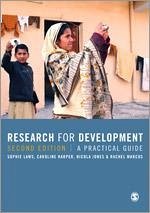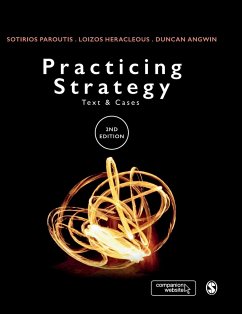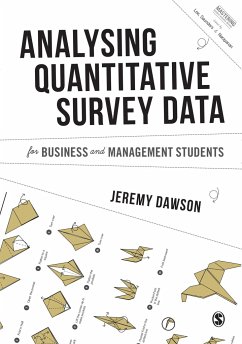
Research for Development
A Practical Guide
Versandkostenfrei!
Versandfertig in 1-2 Wochen
166,99 €
inkl. MwSt.
Weitere Ausgaben:

PAYBACK Punkte
83 °P sammeln!
'Research for Development has become the 'go to' text for development practitioners, students and researchers alike. This substantially revised second edition is even better: brought fully up to date with many new topics and chapters, this book is comprehensive, authoritative and highly informative' - David Lewis, Professor of Social Policy and Development, London School of Economics & Political Science














